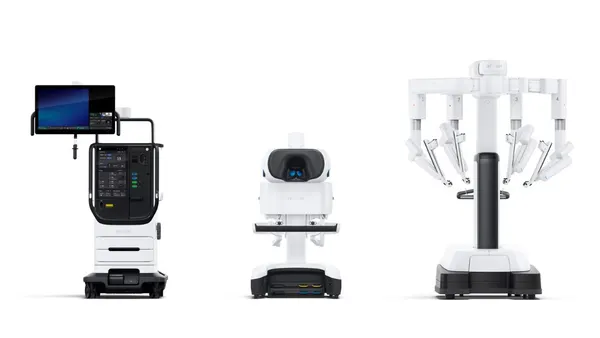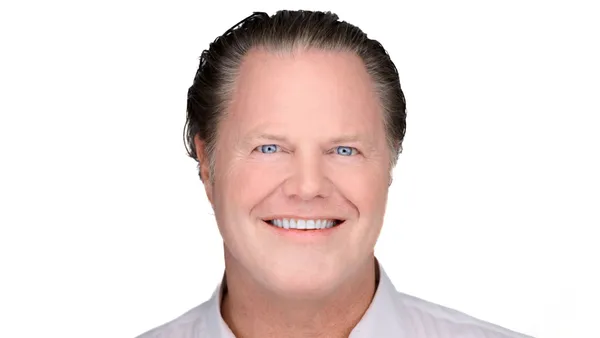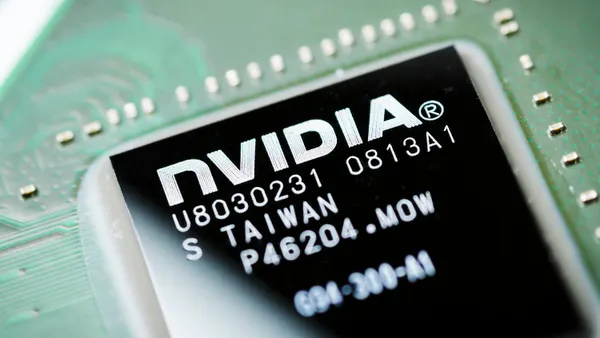Dive Brief:
- First quarter earnings by continuous glucose monitor maker Dexcom and its compatible insulin delivery partners Insulet and Tandem Diabetes all topped Wall Street estimates, with executives citing rapid adoption of automated systems by patients transitioning from multiple daily injection therapy in the U.S. and abroad.
- Dexcom sales grew 52% year over year to more than $280 million in the quarter, showing momentum toward its billion dollar goal for 2019. The company is aiming for a late 2020 launch of its next-generation integrated CGM, or iCGM, as Abbott's introduction of competitor system FreeStyle Libre 2 looms within the next few quarters.
- On the insulin delivery front, pump maker Tandem reported nearly 15,000 device shipments during the quarter, increasing company sales by 142%, while tubeless system manufacturer Insulet grew international revenues 48%, with sales outside of the U.S. covering about a third of the $160 million the company brought in.
Dive Insight:
Building on a strong close to 2018, all three diabetes pure-plays took advantage of a patient population still ripe for conversion to new technologies.
Dexcom is on track for an initial launch of its latest integrated CGM, G7, in late 2020 or early 2021, the company confirmed during its earnings call with investors. The device offers longer wear through a lighter, fully disposable one-piece wearable without a transmitter.
But G6, which received marketing authorization in early 2018 as the inaugural device permitted under FDA's iCGM label, will soon face new competition.
Abbott reported on its first quarter earnings call it has filed an iCGM premarket application with FDA for FreeStyle Libre 2, which is already CE marked. Sales of the current version of the Abbott CGM grew more than 70% in the first quarter to $379 million.
Despite the FreeStyle Libre headwind, analysts at Cowen called Dexcom's setup "the best product pipeline in a vast and underpenetrated CGM market opportunity."
"It's a great market opportunity and there is room for a number of participants and number of products," Dexcom CEO Kevin Sayer told investors, but also said the company is pursuing new patient populations.
"For several quarters, we have discussed CGM usage in non-intensive type II diabetes, pre-diabetes, gestational diabetes, broad potential deployment in the hospital and application in overall wellness," Sayer said. "There is now time for an increased focus and investment in these areas particularly since we know that these opportunities will require completely different business models and distribution channels."
Dexcom also plans to roll out algorithm updates and a lower-cost transmitter for G6 later this year, saying that even with the forthcoming G7 launch, G6 will remain "a platform product" in the coming years.
"The ongoing strength supports our belief that CGM is close to if not on the steep part of the adoption curve (even as the domestic type 1 penetration is estimated at under 40%) and that it is seeing strong utilization from recently added patients and broader patient base," analysts at William Blair wrote of Dexcom in a note to investors.
"Though we do not expect a similar extent of beats and raises this year as in 2018, the company sustained much of the momentum from the end of 2018 into the beginning of 2019," the analysts also said.
While Insulet and Tandem are a few years behind Dexcom on the road to becoming billion-dollar medtechs, each is seeking increased market share with forthcoming product launches.
Insulet executives estimated patients using basal system Omnipod account for a low single digit percentage of the total global insulin dependent user population, adding the company will need to move to mid-single digit penetration to reach its goal of becoming a billion-dollar company by 2021. CEO Shacey Petrovic said Insulet is preparing for a pivotal trial of hybrid closed-loop system Horizon, which she said received breakthrough device designation from FDA, and the company hopes to launch in late 2020.
Tandem executives moved revenue guidance to $300 million to $315 million on the year, accounting for up to 71% annual sales growth on confidence in uptake of its t:slim X2 device. That device received De Novo clearance from FDA in February as the first authorized interoperable insulin pump.
The company said it plans to submit a regulatory filing to FDA for its Control-IQ algorithm in July, aiming for indication in patients 14 years old and older with an anticipated fourth quarter launch. Paired with Tandem's pump, the algorithm would enable a hybrid closed loop system, beating Insulet to market.
Medtronic, maker of the MiniMed insulin pump therapy system, is set to report quarterly earnings May 23.












